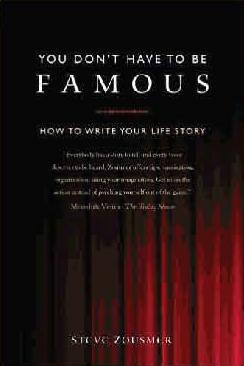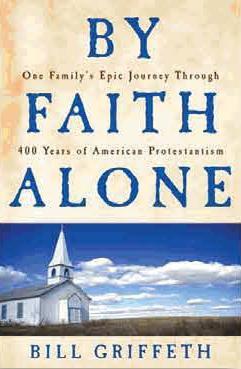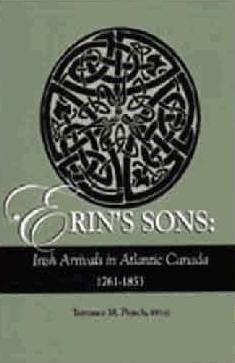Uh-oh… How can you end up with three different birth-dates from Grandpa Burt? And five possible marriage dates for Aunt Ernestine? Genealogy research is rarely cut-and-dried, and sometimes it’s difficult to know which record is most likely correct. But Christine Rose helps you weigh and analyze your sources in Genealogical Proof Standard: Building a Solid Case (CR Publications, $8.95). This guide packs a lot of solid advice into 58 pages, showing you step by step in case studies how to evaluate evidence and resolve your genealogical discrepancies. It’s a must-read for all genealogists.

2. Combining history, biography and memoir, Bill Griffeth traces his family tree through the history of Protestantism. By Faith Alone: One Family’s Epic Journey Through 400 Years of American Protestantism (Harmony Books) follows Griffeth as he travels to England, the Netherlands and Massachusetts in search of his roots — and discovers how faith shaped his ancestors’ lives as well as his own.
3. Between 1761 and 1853, a steady stream of Irish came to Canada. Erin’s Sons: Irish Arrivals in Atlantic Canada, 1761-1853 by Terrence M. Punch (Genealogical Publishing Co.), offers listings of those Irish immigrants from passenger lists; censuses; newspapers; military, church and prison records; and tombstone inscriptions. The book also gives a brief history of Irish settlement in New Brunswick, Nova Scotia, Prince Edward Island, and Newfoundland and Labrador.
Pros’ Picks: Genealogy gurus share their reading recommendations.
Wilderness at Dawn: The Settling of the North American Continent by Ted Morgan (Simon & Schuster)
• Recommended by: Laura G. Prescott, vice president of the Association of Professional Genealogists <apgen.org> and a 10-year genealogy veteran.
• Book summary: As its tide indicates, this book is about the settling of North America, from before recorded time to the end of the 1700s.
• Likes and dislikes: I admire the writer’s storytelling style. Too many people are ignorant of history because it’s often presented in a dull manner. Morgan makes it exciting and relevant — presenting not only influential characters but also leading roles played by the common man (and woman).
• Behind the scenes: While at Dartmouth, I naively focused my history major on Europe, not realizing how much of our nation’s history my ancestors experienced or helped shape. After I immersed myself in genealogy, I discovered it’s vital to have a deep understanding of American history to create family histories and understand the records we use.
• Lasting impressions: Anyone working with US families — especially those with early American roots — needs a good awareness of events, social patterns and historical trends to locate records, decipher relationships, and appreciate an individual’s or family’s role. This book is a terrific primer for these purposes.
• Best bonus: This book has given me a better appreciation of the roles our ancestors played in shaping the continent’s cities, hinterlands and wilderness.
From the September 2008 Family Tree Magazine





